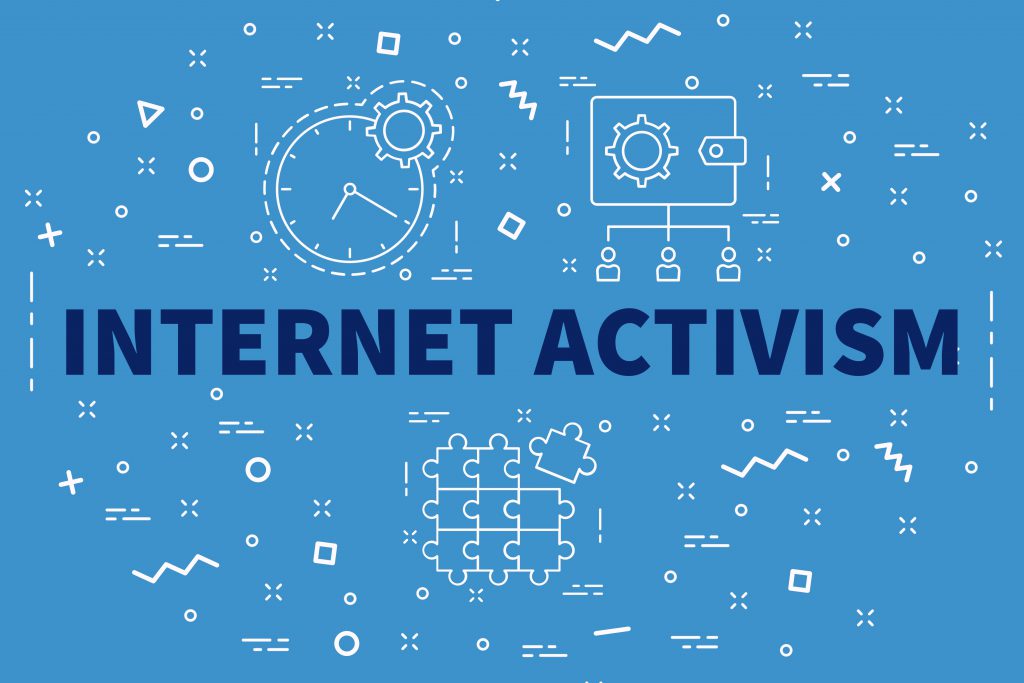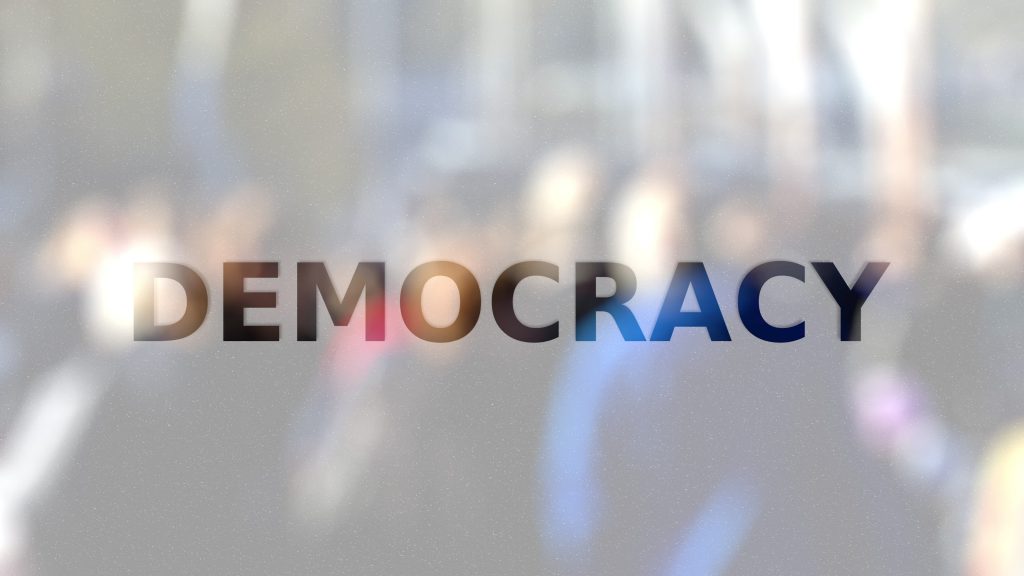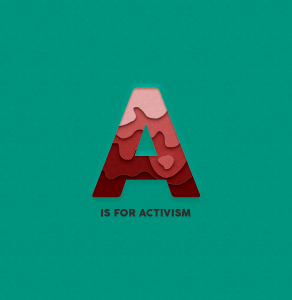With the speeding pace of globalization and the echoing fourth industrial revolution, the “Global Village,” as described by media theorist Marshall McLuhan, seems to have become the “Global Room”. Now, one would hope that this virtual shrinking of the world through the medium of the internet would reflect how this global room is inclusive of everyone. It shortened distances and facilitated communication. It promises a sense of unity in which all are true participants and contributors. Nonetheless, as it is the case with new changes and phenomena, some outcomes cannot be predicted until it reveals itself. Globalization and the revolutionary techno industry have simultaneously opened opportunities and diminished possibilities.
Hence, launching from the American technology historian Melvin Kranzberg’s lines, “Technology is neither good or bad, nor is it neutral”, the following lines scratch the surface of how technology could be perpetuating structural power imbalances, leading to increased inequality, and ending up with reshaping and reinforcing unjust hierarchies; hierarchies that once again keep some parties’ socio-economic conditions further empowered, and some parties further disempowered.
“Technology is neither good or bad, nor is it neutral”
Melvin Kranzberg

Democracy in the digital era

The cyberspace has allowed for people to connect and share their discontent with many inequities and injustice. It provided them with a space to express and call for policy changes and equality. Hence, the outreaching impacts of the social media role in facilitating activism are truly powerful. The Occupy movement, Third Sudanese revolution &, Black Lives Matter movement are just examples that speak volumes for how social media is a true frontline in modern activism and in consequently achieving policy and social changes.
Nonetheless, one form of inequality is interrelated with another, the equality that activists call for is challenged in an ironic paradox of “Platform Capitalism “. Within the logic of profit-driven innovations and the dominating business-centric sphere, the circle of socio-economic divides will likely repeat itself, only in different forms.
As social movements thrive to protest against inequality and injustice, one might imagine them as a place of freedom; freedom of speech, freedom of voice and expression, freedom of calling for the collective participation and true democracy. Imagine this force of freedom to be challenged by the winds of e-capitalism. Amid such situation, activists, the sincere people aiming at achieving positive change and rights, end up collecting water in an invisibly fractured bottle, a bottle that is silently -or loudly- leaking. Just as many street protests face violence in a physical form, so does online activists. Research reveals that digital activism is challenged by soft capitalist forces. A force that has power and monopolistic censorship over data. Monopoly in deciding, directing, and filtering people’s voices on the internet.
Tiktok-makeup-tutorial is an example from back in November 2019, where an Afghan American teenager attempted to raise awareness about China’s detention of at least a million Muslims in internment camps in Xinjiang. In an attempt to trick the software’s algorithm that prohibits sending messages of awareness about such issue, the teenager did it in an innovative way through slipping serious messages about the situation in between the lines of make-up tutoring statements like: “Then you’re going to put [the eyelash curler] down and use your phone … to search up what’s happening in China” (The Guardian, 2019). This techno dictatorship, if we might call it, is also witnessed from the American tech giants Facebook, Instagram, and Twitter. Amid this censorship and controlling surveillance threats, some initiatives are promising to call for platform democracy. Among these initiatives is The Oversight Board.
Censorship and freedom of speech

The oversight board is a board aimed at, as the name indicates, supervising what and how Facebook censors data. Their main mission would be to ensure that all people have their right of speech preserved (Oversight board, n.d.). In describing their vision and mission, they state the following:
“We are not here to defend Facebook and will be transparent in the decisions we make and the changes we call on the company to make to protect fee expression, users and society.”
Oversight board, n.d
And in a promising tone that rings the bells of a digital revolution against digital corporate power hierarchy, they state:
“When the board goes operational, we will not shy away from tough decisions and intend to act without consideration of Facebook economic, political, or reputational interests.”
Oversight board, n.d
Data, the new water

Last, but indeed not least, in his article “Data inequalities and why they matter for development”, Jonathan Cinnamon (2019), raises the following “Who” questions:
Who has access to data?
Who is representing the world as data?
Who has control over the flow of data?
In light of his invitation to converge critical data studies along with data for development studies to critically unpack these divides, we wonder what is the impact, in an AI-driven era that made data its water, if there is inequality in the answers to the above Who’s? This would lead to inequality in access to this ever-increasing in importance resource. What does that mean for digital activism, which aims at its core to detect inequalities!? This post is not to be pessimistic about digital activism, it is just a lunchroom for insights to ensure that the people, the “sincere activists”, do not end up being hamsters running in a wheel!
What are your thoughts? Would love to read it in the comments!
References
- Cinnamon, J. (2020) Data inequalities and why they matter for development, Information Technology for Development, 26:2, 214 233, DOI: 10.1080/02681102.2019.1650244
- Kuo, L. (2019, November 27). TikTok ‘makeup tutorial’ goes viral with call to action on China’s treatment of Uighurs. Retrieved September 27, 2020, from https://www.theguardian.com/technology/2019/nov/27/tiktok-makeup-tutorial-conceals-call-to-action-on-chinas-treatment-of-uighurs
- Oversight Board. (n.d.). Independent Judgment. Transparency. Legitimacy. Retrieved September 27, 2020, from https://www.oversightboard.com/

